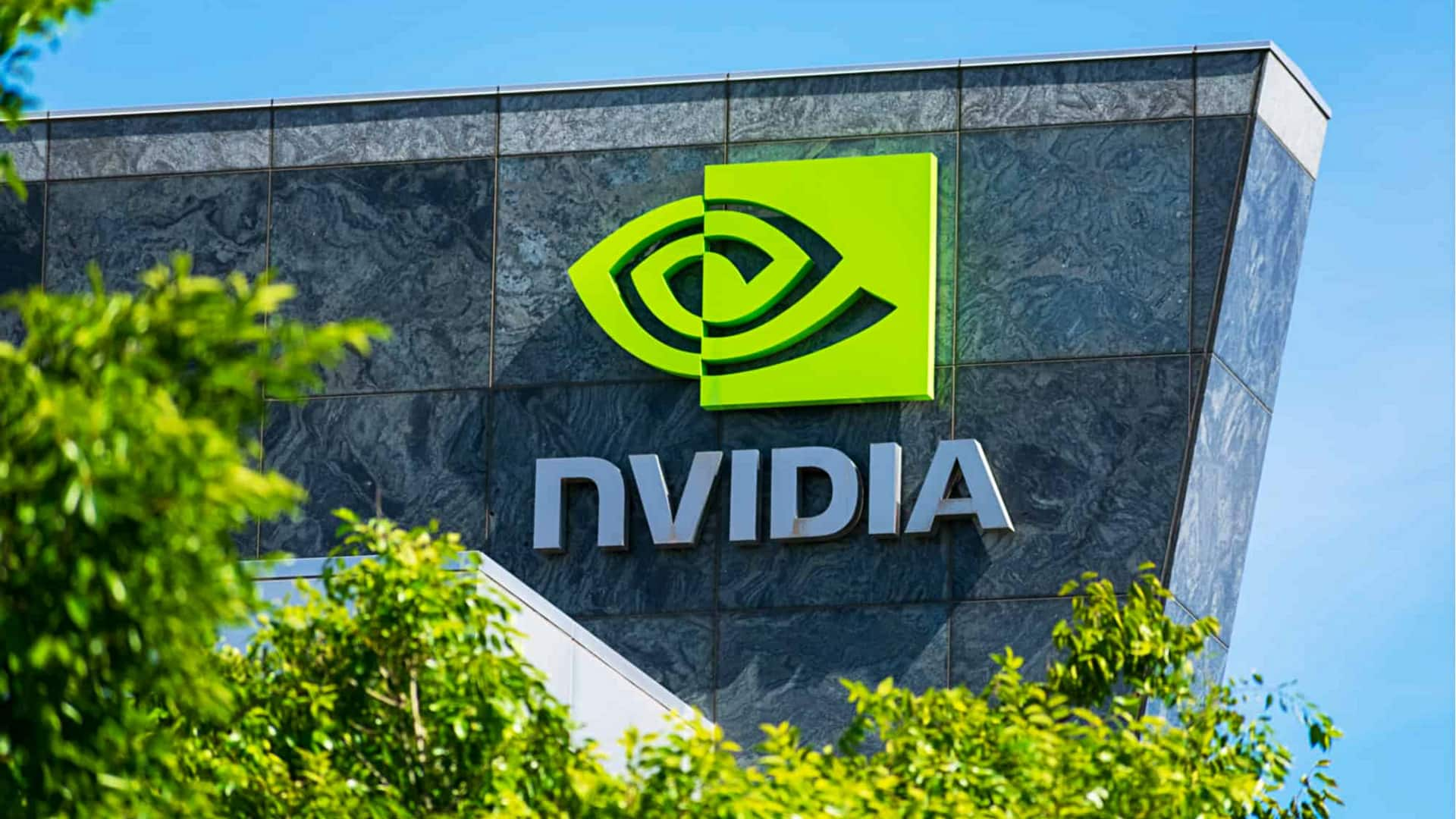
NVIDIA surpasses Saudi Aramco, becomes 3rd largest company by m-cap
What's the story
NVIDIA is now the third-largest company globally by market capitalization, valued at $2.056 trillion, surpassing Saudi Aramco which stands at $2.046 trillion. The company's stock market value exceeded $2 trillion for the first time on Friday, following a positive forecast from Dell Technologies. This impressive growth is due to NVIDIA's development of essential computer chips for artificial intelligence (AI) technology. The company is only trailing Microsoft and Apple at $3.09 trillion and $2.77 trillion, respectively.
Scenario
AI rally and industry impact
Dell's optimistic outlook, highlighting a spike in orders for its AI-optimized servers using NVIDIA's processors, sparked Wall Street's AI-driven rally. Dell's shares soared up to 38% before ending at a 32% gain. This resulted in a 4% increase in NVIDIA's stock. Other AI-focused chipmakers like Broadcom and Marvell Technology also reached record highs, each about 8%, while AMD hit about 5%. NVIDIA dominates about 80% of the high-end AI chip market, with clients like OpenAI, Microsoft, Alphabet, and Meta Platforms.
Achievements
Recent milestones and earnings
Very recently, NVIDIA overtook Amazon and Alphabet before surpassing Saudi Aramco. The chipmaker currently boasts earnings of $34.07 billion, landing it in the top 30 on the Companies Market Cap list. At the time of reporting, NVIDIA's stock was trading at $822.79. As AI becomes more critical, the demand for these chips has been on the rise, pushing NVIDIA to the top of the market cap rankings.
Insights
Trading activity and future prospects
NVIDIA has recently dethroned Tesla as Wall Street's most traded stock by value. Over the past 30 sessions, investors traded an average of $36 billion worth of NVIDIA's stock compared to $21 billion a day for Tesla. On Friday, trading in NVIDIA reached $38 billion worth of shares. As the tech industry shifts toward generative AI products, NVIDIA is poised to continue benefiting and may even challenge Apple in the global market cap charts in the future.